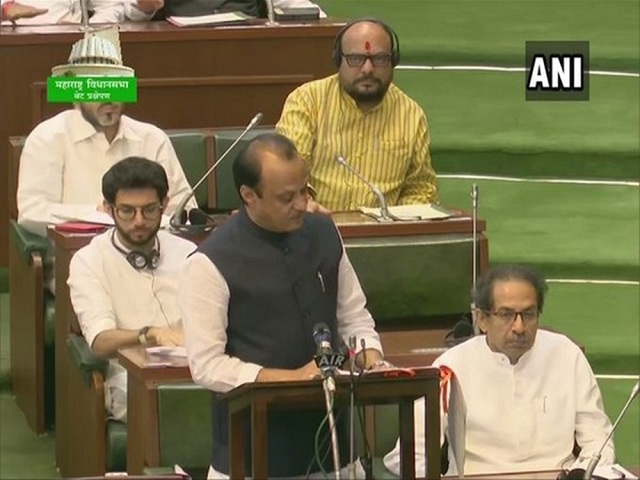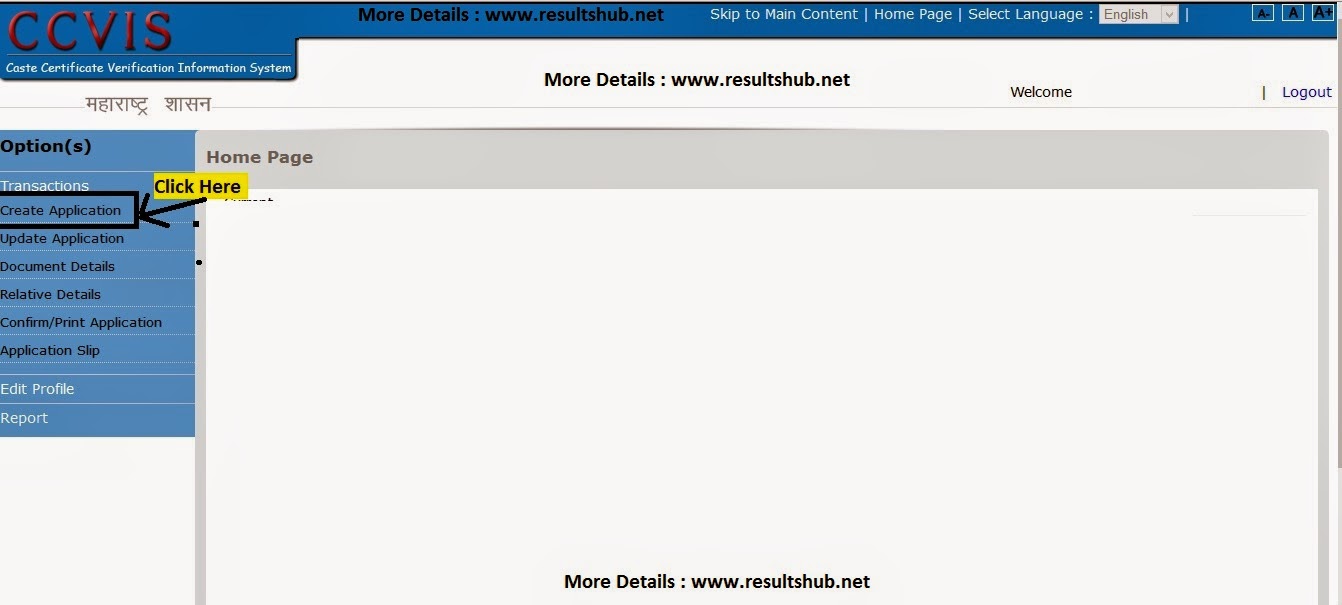


Morarji Desai-led Government in 1978 suggested the formation of Mandal Commission under Bindeshwari Prasad Mandal, the former Chief Minister of Bihar, as Second Backward Class Commission to fulfil the purpose laid down in Articles 15 and 16 of the Indian Constitution. Article 340 makes the obligation on the Government to promote the welfare of the OBCs. The OBCs were given recognition through the 93rd Constitutional Amendment and are notified as Socially and Educationally Backward Classes in the Constitution. It was later realised that apart from these categories, there was another class of people that was neglected and undermined who did not belong to either of the categories and mainly comprised of people who were economically backward and lived below the poverty line and this class of people was recognised as Other Backward Classes (OBCs). When this oppression reached its epitome, the Government decided to make laws for their protection and inclusion into the society from which they were excluded for years.Īs a result, the Government introduced laws to protect the Schedule Castes and Schedule Tribes through reservations in various jobs and educational institutions. Apart from these, some communities were treated as untouchables who later came to be known as Dalits and they suffered and were oppressed by the higher classes for decades. They decided the hierarchy with themselves at the highest position, followed by Kshatriyas, Vaishyas, and Shudras. The Brahmans sat on the highest pedestal and governed all the other classes through rules and policies made by them. People were divided on the basis of their birth and occupation. Increased focus on power, wealth, and status among the members of society led to the division of Hindu society into four classes namely Brahmans, Kshatriyas, Vaishyas, and Shudras.

People belonging to various castes and cultures have lived in this complex, yet stable form of society that has worked with effective integration. India has always been a country with a vast social and cultural heritage and diversity. Income is one of the main criteria to decide the eligibility.The certificate is of two types: OBC A and OBC B.The certificate has a validity of up to 1 year.
#Online caste validity form Offline#
Eligible people can apply for the certificate through offline as well online mode.The certificate for OBC is issued by National Commission for Backward Classes (NCBC).Reservation to Other Backward classes was implemented through Mandal Commission in 1990.


 0 kommentar(er)
0 kommentar(er)
